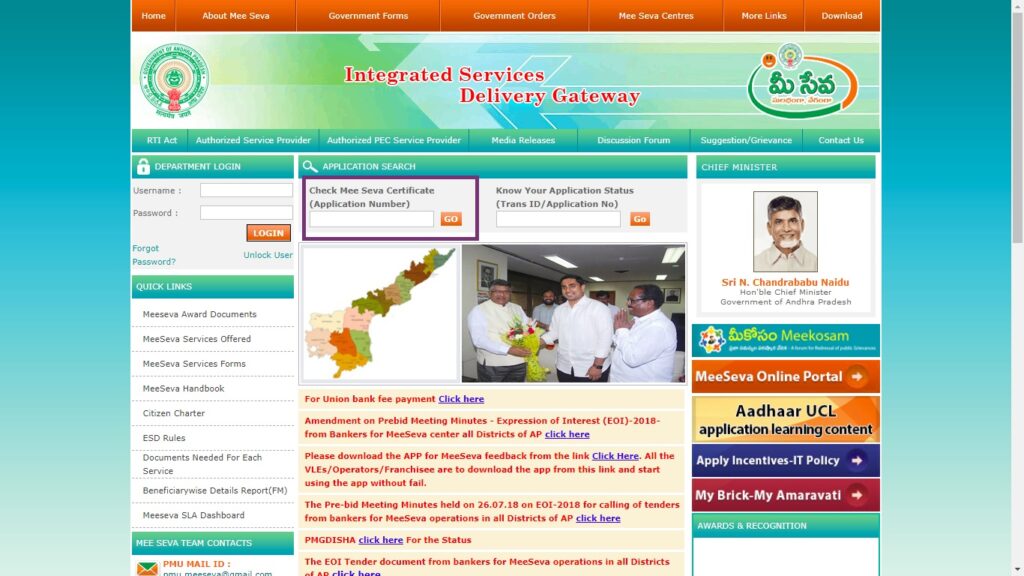A Patta is a legal document that establishes the ownership of a piece of land. When a property is sold, inherited, or transferred in any way, the patta must be updated to reflect the new owner’s name. This process is called Patta Transfer.
The mutation is the process of transferring of title ownership of a property from one person to another. Transfer of patta or khata is to be done when an immovable property is transferred from one owner to the new owner. By mutating a property, the ownership name in records of the revenue department can be changed. It is very important to update the current owner details in revenue record, as wrong information in the revenue records will lead to complications at a later stage. While selling a property, one should submit a copy of the latest mutation certificate to the buyer.

When is Patta Transfer Required?
- Sale of Land – When a landowner sells the property.
- Inheritance – After the death of the landowner, the legal heir needs to update the patta.
- Gift or Settlement Deed – If land is gifted to someone, the patta must be transferred.
- Partition of Property – When land is divided among family members.
Ways of acquisition of Immovable Property
- By inheritance of ancestral property
- Through will
- Acquisition by oneself such as purchase
- Through gift, trust, settlement deeds
- Grant, Inam by the Government
- Through partition deed
- Through decree of Court
Importance of Property Mutation or Patta Transfer
Property mutation is an essential process in all legal transactions involving immovable property. As mentioned above, the transfer of Patta or Katta is a process of updating the details of the new owner of a property in revenue records. These revenue records are maintained by civic bodies like Municipalities Corporation or Panchayat in India. In Andhra Pradesh, Tahsildar is doing the process of mutation. On mutating a property Mutation and Title Deed, cum Pattadar Passbook will be issued to the applicant.
- Mutation certificate is necessary to fix the property tax payment liabilities
- Mutation documents are mandatory to prove the ownership of a particular property
- For selling a particular property, the landowner needs to furnish mutation certificate to the buyer for verification
Documents Required for Patta Transfer
- Registered Sale Deed / Gift Deed / Will (whichever is applicable)
- Encumbrance Certificate (EC)
- Identity Proof (Aadhar Card, Voter ID)
- Address Proof
- Previous Patta Copy
- Legal Heir Certificate (in case of inheritance)
- Death Certificate of Previous Owner (if applicable)
Applying for Mutation through MeeSeva Centers
Step 1: Before applying for mutation, complete the registration process of property and get the sale deed from concerned authority. The applicant needs to visit the nearest MeeSeva Centre.
Step 2: The applicant needs to submit an application in the prescribed format for property mutation at MeeSeva Centre. Provide the following details in the application form:
- Applicant details such as Citizenship, Aadhaar Number, Service type NRI number
- Document details such as District Mandal, village, division, caste and mutation category
- Succession details
- Applicant personal details
- E-passbook address details
Step 3: Submit all supporting documents (as mentioned above) to the MeeSeva Centre service operator. The request for the mutation will be forwarded online to the concerned authority. Note: MeeSeva service operator will issue a receipt with the mutation application number. The applicant will also receive an SMS to the registered mobile number and mail id.
Step 4: The concerned authority, Tahsildar, will process the mutation request online and after successful verification, the component authority will approve the mutation request.
Step 5: The applicant will receive the updates of the application status through SMS. The applicant can also check application status by visiting the MeeSeva home page. Enter your application number and click on the Go button; the application status will appear.
Step 6: After the acceptance of the applicant’s mutation request, the applicant will receive an SMS to the registered mobile number regarding the approval of the application. Verify the mutation document in MeeSeva portal by entering application number.
FAQs
Mutation of a Property Acquired by Inheritance?
Under Andhra Pradesh Land Revenue Act, it is not necessary to register in the office of the sub-registrar to get patta or khata transferred in respect of property acquired by inheritance. After the death of the owner of a property, his heirs (wife or children) can get the Patta or Khata transferred as per personal law by providing death certificate of the owner with details of property held by him to the below-given officers.
- If the property is agricultural land – Mandal Revenue Officer
- If the property is a house or vacant land in a city or village – Offices of Corporation, Municipality, Panchayat or City survey
What is Processing Time?
It takes around 30 days for completing the mutation process in Andhra Pradesh.